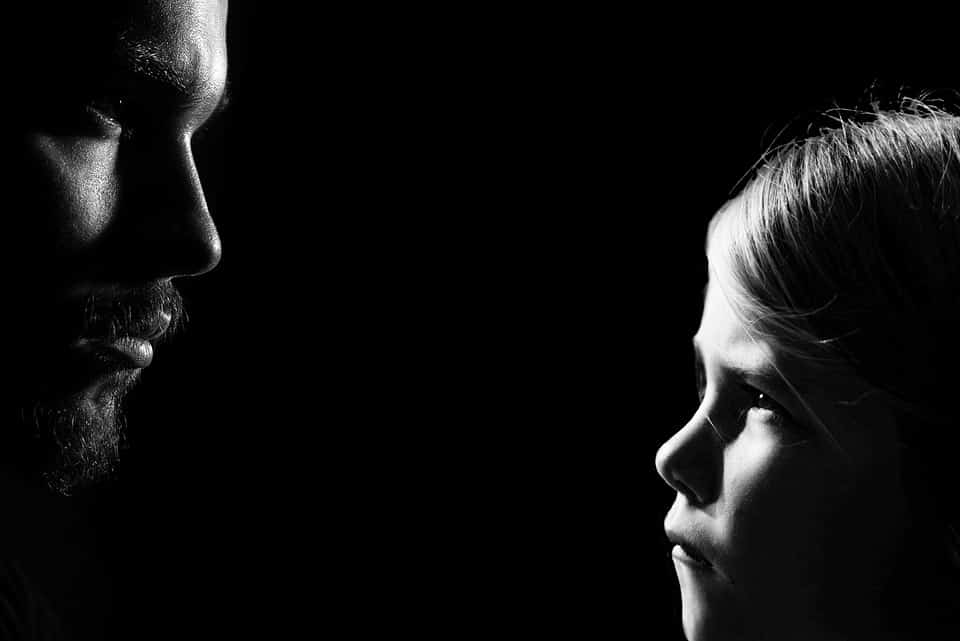Types of Child Custody
Divorce and separations are always a tough time for any family to go through but they only get worse when children are involved. Deciding which parent gets custody and what type of custody they get can always be a very stressful battle especially when you are unaware of the different rights and laws. Simonetti and Associates have a custody attorney on Long Island to help you during this time.
In New York, there are two basic types of child custody: Legal and Physical, and each comes in two forms which are sole or joint custody.
Legal Custody:
Legal custody of a child is when a parent has the right to make the important decisions in the child’s life. Which includes decisions like education, religion, and medical care. It is normal for parents to share legal custody. In this case, the parents will have to discuss decisions about these issues, although one may have the final say.
Physical Custody
When a child lives with a parent, that parent has physical custody. Now a more common approach is for one parent to have the child during the week, and the other parent watches the child during the weekend and rotate holidays.
Sole and Joint Custody
When only one parent has a type of custody, it is called sole custody. When parents share custody, it’s called joint custody.
A custody attorney on Long Island will be able to help you determine what type of custody you will end up getting and how you would alternate your physical custody schedule. Having an attorney from our team at Simonetti and Associates makes the process run much smoother and you will do what is best for your child/children.
How does a court decide who gets custody??
- First, the court decides if it has jurisdiction to hear the case. A court has jurisdiction if:
- the child is less than six months old and lived in New York his/her entire life,
- the child has lived in New York for the past six months
- New York issued the last custody order for that child
- the child is in New York after an emergency occurred in his/her home state.
- If a parent requests custody, the court decides what custody arrangement is in the child’s best interest. The court will take into consideration each parent’s lifestyle, stability, and ability to care for the child. The court will also consider whether there is domestic violence.
- The child can state his/her preference through the Attorney for the Child but until the child is 18, the court makes the final decision of where the child lives.
Simonetti and Associates are voted the best divorce lawyer on Long Island we are experts in this field and want to help you with your child custody case. Visit our website if you have any questions and schedule your free consultation today!





